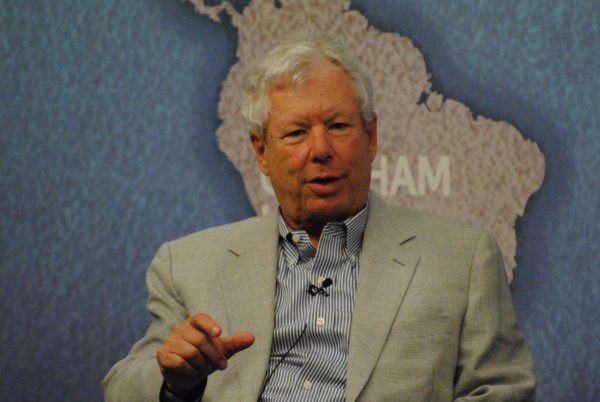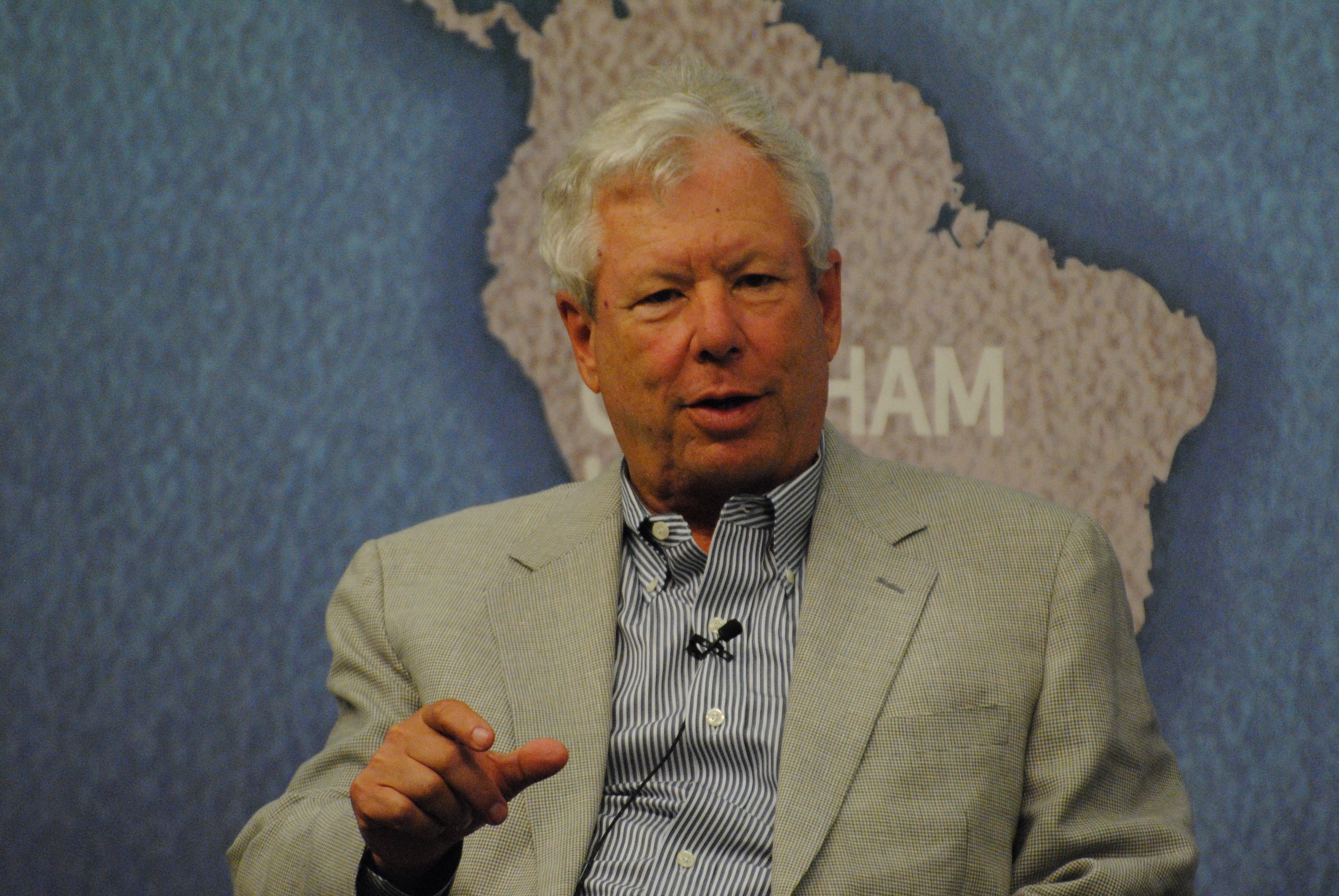This year’s Nobel Prize for Economics has been awarded to American economist Richard Thaler, one of the founding fathers of behavioral economics.
Prof. Richard Thaler, of Chicago Booth business school, co-wrote the global best seller Nudge, which looked at how people make bad or irrational choices.
Judges said Richard Thaler, 72, had demonstrated how “nudging” – a term he coined – may help people to exercise better self-control.
He will receive 9 million Swedish krona from the committee.
“I will try to spend it as irrationally as possible!” Richard Thaler said.

2017 Nobel Peace Prize Awarded to International Campaign to Abolish Nuclear Weapons (ICAN)
2017 Nobel Prize In Literature Awarded to English Author Kazuo Ishiguro
One of the Nobel prize judges, Per Stroemberg, said Prof. Richard Thaler’s work had explored how human psychology shaped economic decisions.
“Richard Thaler’s findings have inspired many other researchers coming in his footsteps and it has paved the way for a new field in economics which we call behavioural economics,” Per Stroemberg said.
The panel said Prof. Richard Thaler’s insights helped people to recognize marketing tricks and avoid bad economic decisions.
In particular, his work looked at how to “nudge” people into doing more long-term planning, such as saving for a pension.
Richard Thaler also made a cameo appearance in the Hollywood movie, The Big Short, explaining the complex financial instruments that led to the financial crisis of 2007 and 2008.
It is the final Nobel to be announced this year, after prizes for medicine, physics, chemistry, literature and peace were awarded last week.
The economics prize is the only Nobel not created by Alfred Nobel, and was instead launched in 1968, long after the philanthropist’s death.
To date the US has dominated the prize, with American economists accounting for roughly half of laureates since it started. Between 2000 and 2013, American academics won or shared the prize every year.
